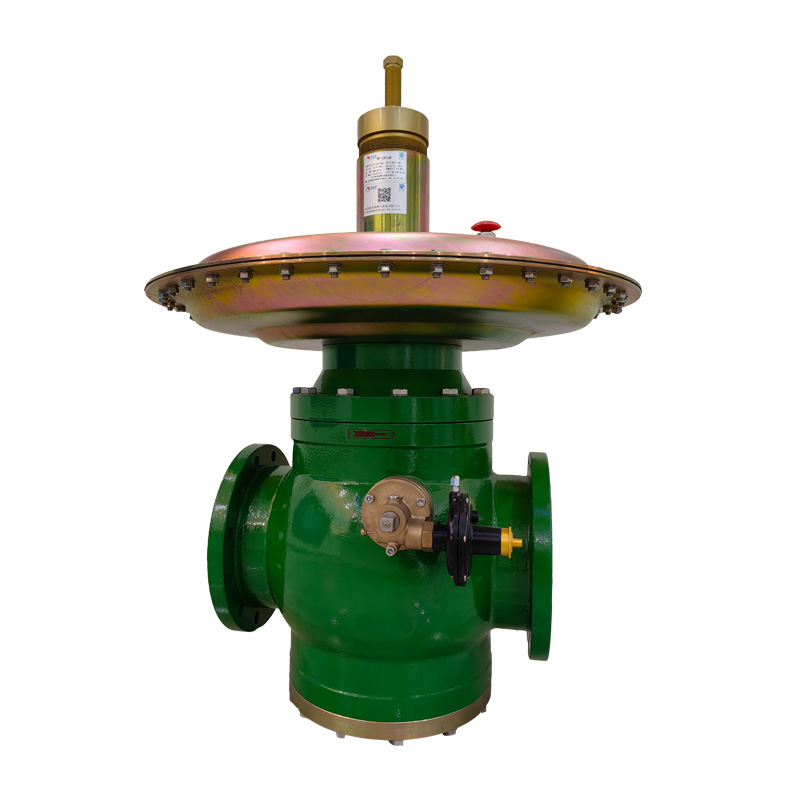
Nov . 21, 2024 07:30
Back to list
natural gas filter
The Importance of Natural Gas Filters in Energy Production
Natural gas has become an integral component of the global energy landscape, often favored for its cleaner-burning properties compared to other fossil fuels such as coal and oil. However, the effective utilization of natural gas depends significantly on the proper filtration processes in place. Natural gas filters play a crucial role in ensuring the reliability, efficiency, and safety of gas systems across various applications, including power generation, heating, and industrial processes.
Natural gas often contains impurities such as water, dust, hydrocarbons, and other contaminants that can adversely affect its quality and performance. These impurities can lead to several operational problems, including equipment wear, corrosion, and decreased efficiency. To mitigate these challenges, natural gas filters are employed to remove these unwanted particles and impurities before the gas enters the combustion system.
One of the primary functions of natural gas filters is the removal of solid particles. Dust and other particulate matter can accumulate in pipelines, leading to blockages and pressure drops. Such interruptions not only hinder the flow of gas but can also cause significant safety hazards, including leaks and explosions. High-efficiency particulate air (HEPA) filters are commonly utilized to capture these solids, ensuring that the gas supply remains unobstructed.
Moreover, natural gas can contain liquid hydrocarbons, moisture, and other volatile substances that necessitate precise filtration. Condensed water vapor and liquid hydrocarbon droplets can cause issues in gas distribution systems, promoting corrosion and creating an environment ripe for microbial growth. Coalescing filters are specifically designed to separate and remove these liquids, ensuring that the gas delivered to end users is both dry and free from harmful contaminants.
natural gas filter

Another critical aspect of natural gas filtration is its impact on downstream equipment. Compressors, turbines, and burners are all sensitive to gas quality. If contaminated gas reaches these components, it can cause inefficiencies or even catastrophic failures. Implementing robust filtration systems can extend the life of equipment, reduce maintenance costs, and enhance overall system performance.
Furthermore, regulatory standards and environmental concerns emphasize the necessity of maintaining clean natural gas. Many regions have strict regulations governing emissions from combustion processes, requiring high-quality gas for compliance. Efficient filtration systems can help operators meet these requirements, minimizing the risk of fines and promoting sustainable energy practices.
In recent years, advancements in filtration technology have led to the development of more effective and efficient filtration solutions. Innovations such as nanofiber filters and self-cleaning mechanisms offer improved performance, smaller footprints, and reduced operational costs. Manufacturers are increasingly focusing on creating filters that are not only effective but also easy to maintain and replace, further enhancing the reliability of natural gas systems.
In conclusion, natural gas filters are essential components of the natural gas supply chain, playing a pivotal role in ensuring the delivery of high-quality gas for a variety of applications. By effectively removing impurities, these filters safeguard equipment, promote operational efficiency, and help meet environmental standards. As the demand for cleaner energy continues to rise, the significance of natural gas filters will only grow, making them a vital focus for energy producers and consumers alike.
Latest news
-
Safety Valve Spring-Loaded Design Overpressure ProtectionNewsJul.25,2025
-
Precision Voltage Regulator AC5 Accuracy Grade PerformanceNewsJul.25,2025
-
Natural Gas Pressure Regulating Skid Industrial Pipeline ApplicationsNewsJul.25,2025
-
Natural Gas Filter Stainless Steel Mesh Element DesignNewsJul.25,2025
-
Gas Pressure Regulator Valve Direct-Acting Spring-Loaded DesignNewsJul.25,2025
-
Decompression Equipment Multi-Stage Heat Exchange System DesignNewsJul.25,2025

